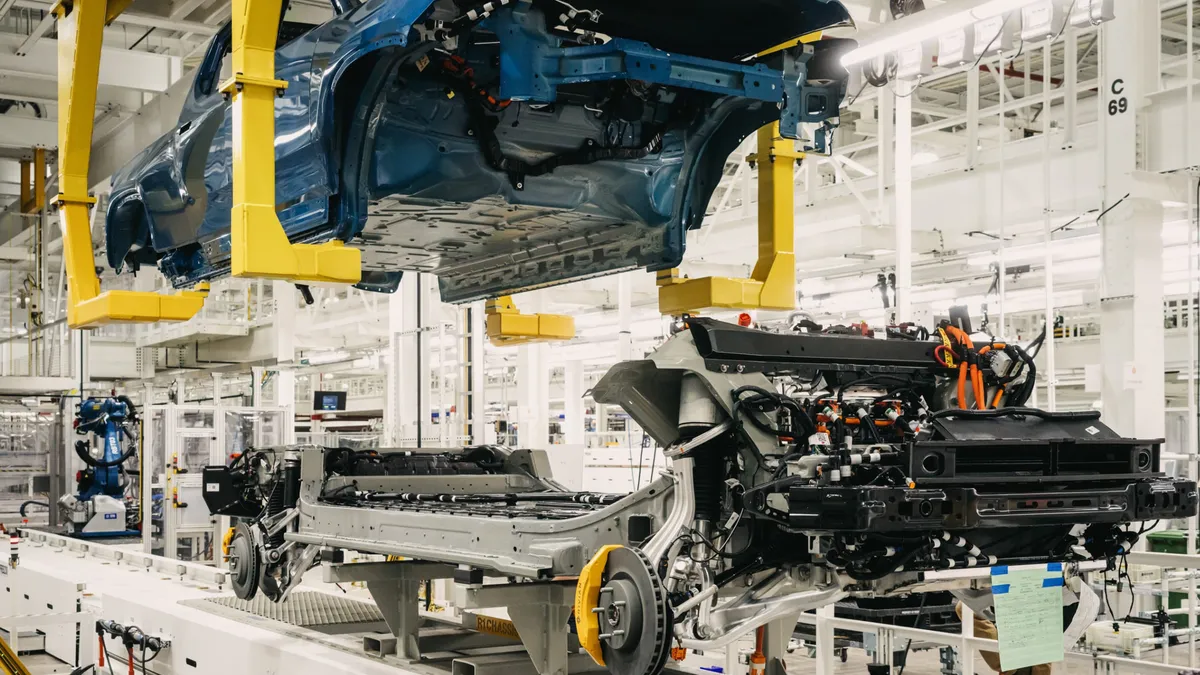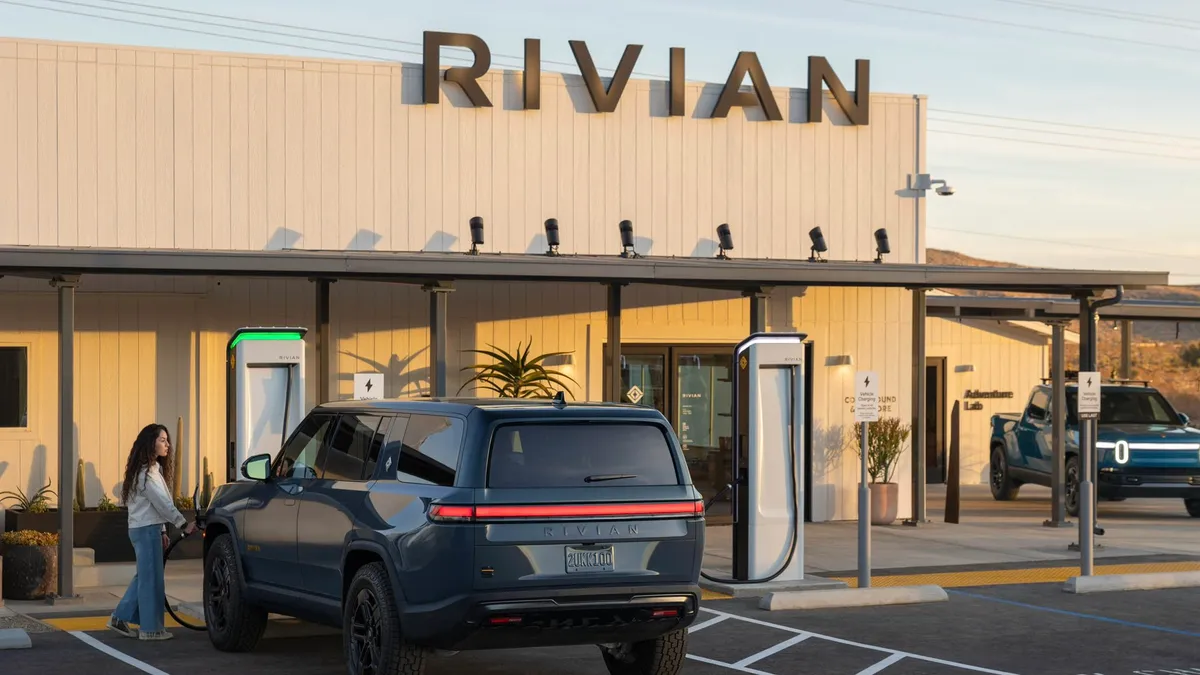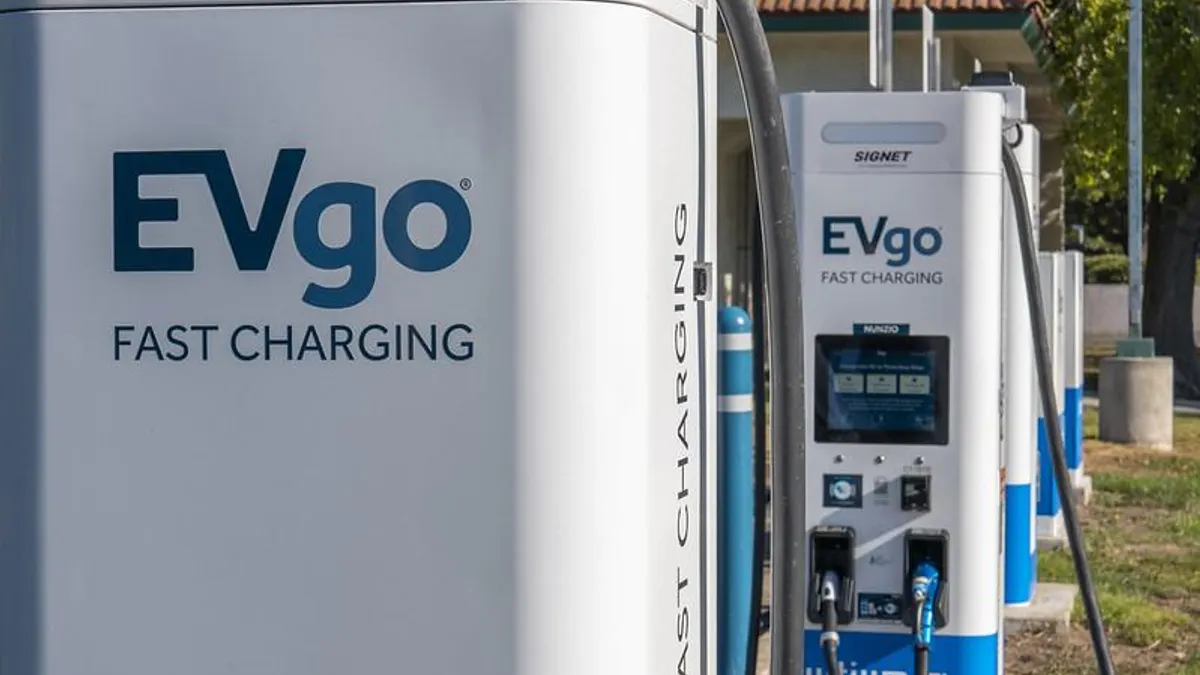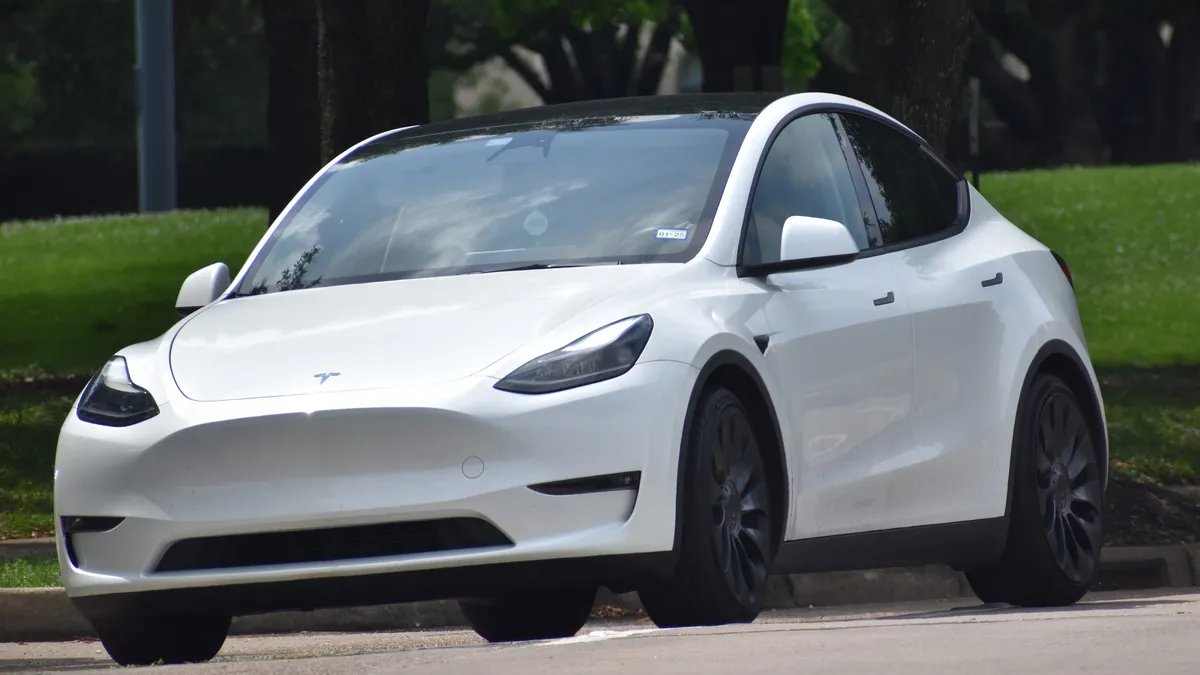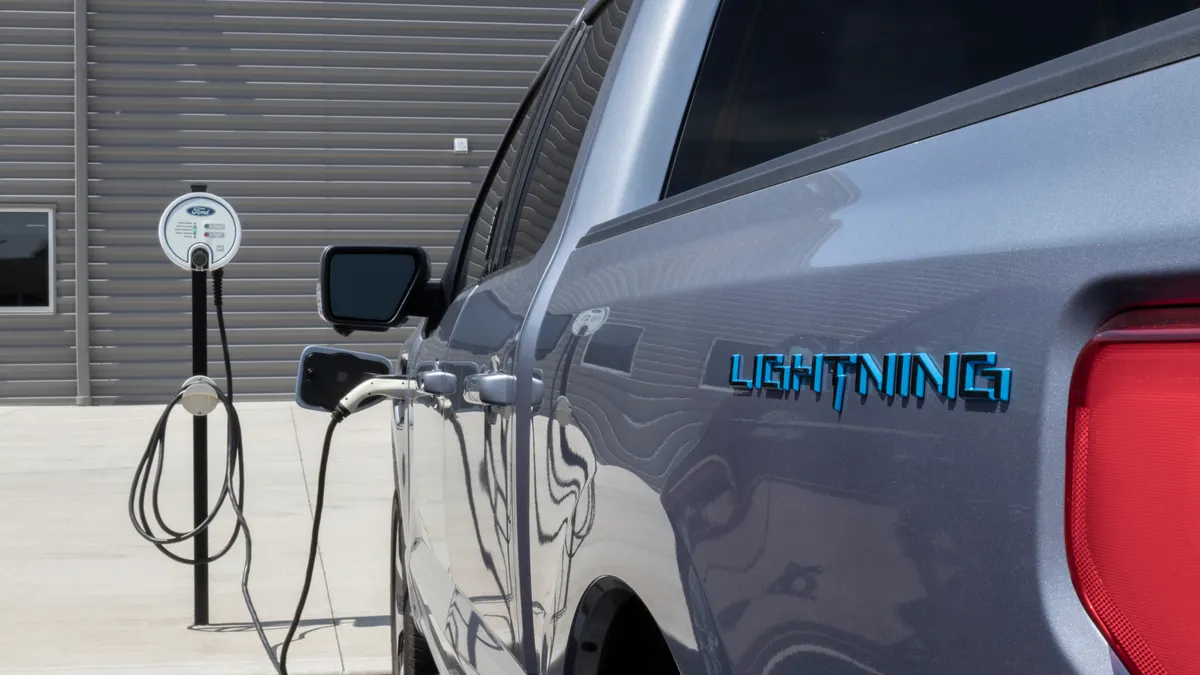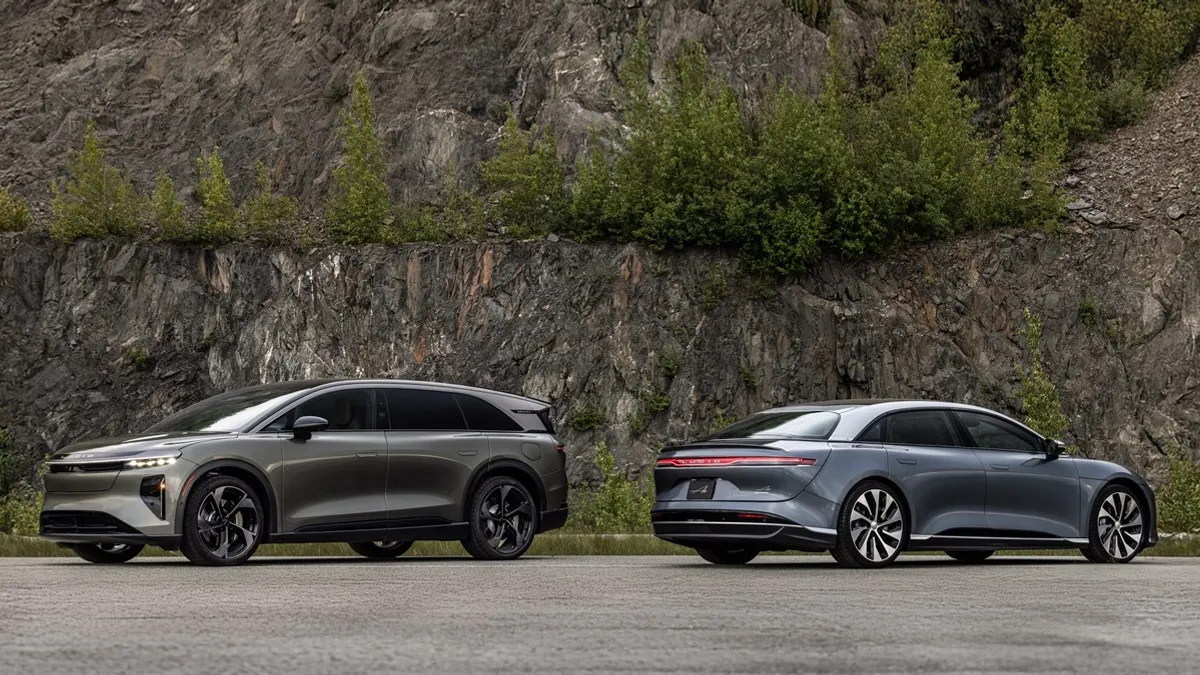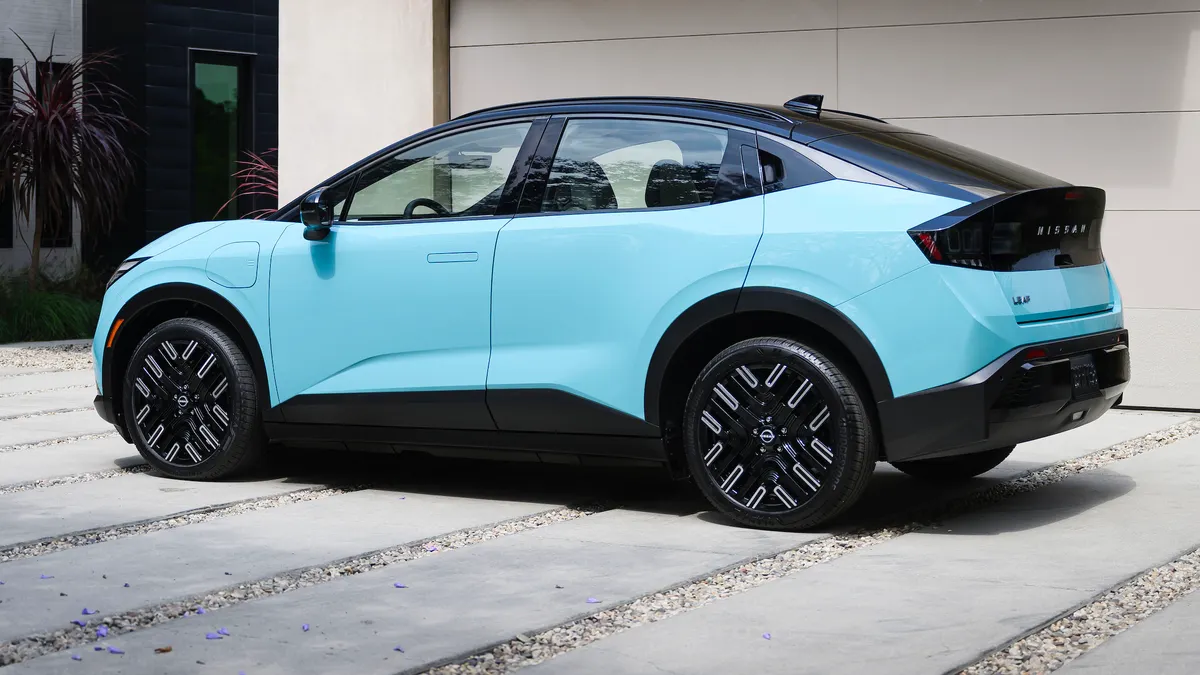Automotive software developer Elektrobit has signed a joint development agreement with electronics contract manufacturer Hon Hai Precision Industry Co. (“Foxconn”) to build an AI-powered platform for software-defined, electric vehicles, the company announced in a June 25 press release.
The scalable vehicle architecture, dubbed “EV.OS,” will support multiple high-performance and real-time ECUs. It will also include service-oriented architectures across three core functional domains. The platform will include a reference E/E architecture, non-differentiating EV operating system and EV application, according to the release.
According to Elektrobit, the project with Taiwan-based Foxconn will leverage its core strengths in open-source and proprietary software applications and their integration into large-scale automotive projects. The two companies also aim to reduce the platform’s complexity to accelerate its deployment and reduce the total cost of ownership, according to the release.
“Elektrobit and Foxconn will combine their unique strengths in software and hardware to become an original design manufacturing (ODM) team for the automotive industry, " said Elektrobit CEO, Maria Anhalt, in an emailed statement to Automotive Dive. “This will make collaborating with OEMs much simpler in the future.”
The service-oriented architecture of the EV.OS platform is intended to simplify the vehicle’s software systems and functions by separating them into independent, reusable parts that each performs a specific task. This design offers a high level of interoperability and each component can communicate with other networked devices in the vehicle, regardless of their embedded programming language or hardware configurations.
While the platform's reference E/E architecture will serve as a standardized framework, incorporating all of the vehicle's electronic hardware and software components. Adopting a zonal architecture reduces complexity and allows developers to more easily add software-based features and functionality to vehicles via over-the-air updates.
A common reference architecture used by automakers today is AUTOSAR, which serves as an open, standardized and reusable software layer for the dozens of ECUs a modern vehicle may utilize.
In addition, the EV.OS platform will support hardware abstraction layers, allowing all higher-level applications to communicate with the rest of a vehicle's hardware components, such as ECUs and sensors.
Further development of the EV.OS platform will be supported by a continuous integration, testing and delivery (CI/CD) toolchain, as well as a Level 3 virtual environment, according to Elektrobit. The platform will also include a vehicle application program interface for third-party developers.
“OEMs determine the level of engagement they want from us as a partner, from contract design and manufacturing of multiple sub-systems, the complete E/E system with or without EV skateboard, up to a complete vehicle,” Anhalt said. “This approach will enable OEMs to reduce total cost of ownership and allow them to expand their EV portfolios into new markets.”
Foxconn is best known as Apple’s primary contract manufacturer, assembling hundreds of millions of laptops, iPhones, iPads and other high-tech electronics over the years for the technology giant. But Foxconn has also been exploring partnerships with global automakers, which in the future may include production of an entire vehicle for an OEM.
In July 2021, Foxconn established the “Mobility in Harmony” Consortium, an open electric vehicle alliance with the primary goal of creating a standardized, open and modular platform for next-generation EVs, as well as developing autonomous driving systems and other mobility applications.
In May 2022, Foxconn acquired GM’s former Lordstown Assembly plant in Ohio from EV truck startup Lordstown Motors for $230 million, with plans to take over production of its Endurance electric pickup truck and establish an EV production hub in North America. However, Lordstown Motors filed for bankruptcy in June 2023 and the plans were canceled.
“Our collaboration with Foxconn is another milestone in the evolution of software-defined vehicles,” said Anhalt in the release. “By combining Elektrobit’s automotive software expertise with Foxconn’s manufacturing and hardware innovation, we are creating a scalable platform that reduces complexity, shortens development cycles and supports future mobility business models.”
At this early stage, Elektrobit has only announced the joint development agreement for the EV.OS platform and no decisions have been made regarding its launch timeline or what customers might utilize it, according to a company spokesperson.
Elektrobit is a wholly-owned, independently-operated subsidiary of Tier 1 supplier Continental. The company’s automotive clients include Ford Motor Co., General Motors, BMW, Daimler, Volkswagen Group and Volvo. Elektrobit software is installed in over 600 million vehicles worldwide, according to its website.
In addition to its automotive customers, Elektrobit’s premium industry partners include Google, Amazon and AWS, Qualcomm, Microsoft Azure, Infineon and Texas Instruments.





